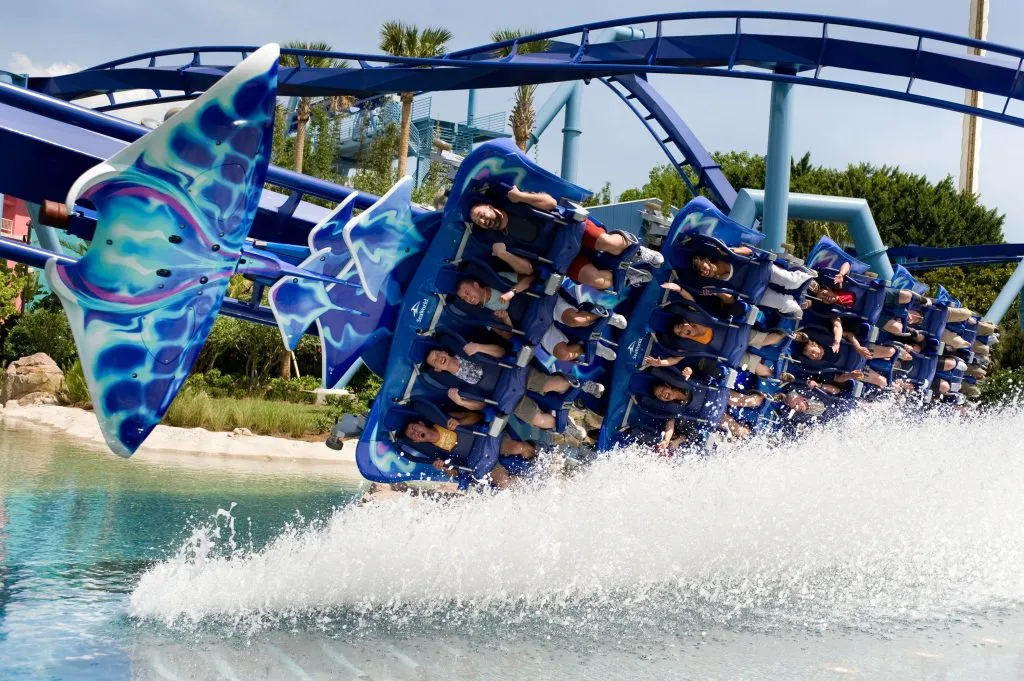Hospitality and Retail Join Forces But It Shouldn't Be Forced

Skift Take
Colin Nagy, head of strategy at Fred & Farid, a global advertising agency, writes this opinion column for Skift on hospitality, innovation, and business travel. “On Experience” dissects customer-centric experiences and innovation across hospitality, aviation, and beyond.
There’s a growing convergence between retail and hospitality. Ace Hotel introduced its world view in the form of goods and items, everything from bathrobes to bedding, that are consistent with the brand and presents the hotel as an arbiter of taste.
It is a logical extension for a brand to say we’ve given thought to all of the accouterment in the hotel, but also the things that a person who buys into our vision, would want. Not just the sheets in the room, but the candles, the leather goods, the magazines, even down to the shaving cream and small sundries.
As hotel brands are trying to move from “like” to “love,” moving from a place to sleep into a lifestyle positioning, this sort of curation is a useful step. One could argue that the more touch points you can own or influence, the more emotional mindshare or resonance you can have.
However, brands need to be obsessive about the execution. If the retail emphasis becomes too commercial or contrived, there is the risk of backlash or boredom.
When done right, it is a pleasure. The Bunkhouse Group does this particularly well. Each property has a collection of items that speak to the vibe of a place. El Cosmico in Marfa, Texas has everything from skin healing oils to hand-sewn moccasins and a custom- designed D.S. & Durga scent. It is as if the mood board of Liz Lambert, Bunkhouse's chief operating officer, has been made shoppable. It works, and it is thoughtful.
But as this trend evolves, we see a deeper level of integration between retail and hospitality. Muji and West Elm are opening hotels. Parachute has a small pop-up hotel so people can try products. Shinola, the watch brand that borrows heavily — and some would argue artificially — from the cultural history and emerging resonance of Detroit, is also getting into the game via Dan Gilbert's Bedrock Detroit commercial real estate arm.
The upside is easy to understand: additional showroom space for brands and a way to dive deeper into the essence of what a product or service represents. Every brand would like to believe it is worthy of such immersion.
Does It Go Too Far?
But at one point does this stop being additive and thoughtful, and make you feel like you’re sleeping in a store? And does everyone want to buy in that far to the West Elm world view? I, for one, don’t. I understand when Armani wants to get into hospitality with a well-executed Dubai property, but for lesser brands with diminished prestige, it seems slightly delusional and worse, comes off as self-important.
I am supportive of the Muji hotel because of its clean, utilitarian products, sensible design and “less is more” mindset. Also, its global execution with the stores is second to none. But one gets the sense that every brand under the sun is plotting something in the space, and strategy decks will be spewing forth with more concepts for names and co-concept hotels.
People want to buy into a strong vision, the same way you want to read David Remnick editing the New Yorker or Tyler Brûlé editing Monocle. It is a frame and perspective assembled by a thoughtful person. This is why people like Firmdale Hotels. It is the reason patrons like to go to an André Balazs bar. It is why the soul and day to day execution of a place are so important.
In the rush to smash together retail and hotels, brands have to focus on doing this with a lot of care and intention. Without a dynamic visionary personality, it can come off as half-hearted, cynical, and beating a trend to death. Sometimes a brand just isn't that important.






